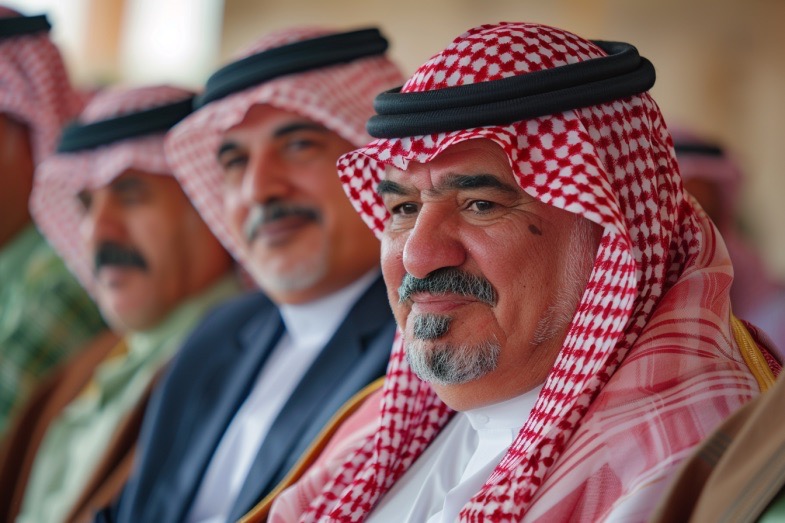Inside the BJP’s WhatsApp War Room
NEW DELHI — Ankur Rana is a man on a mission, tapping away furiously on his phone as he manages hundreds of WhatsApp groups with military precision.
“I have 400-450 WhatsApp groups with 200-300 members each. Along with 5,000 direct contacts, I reach 10-15,000 people daily,” explained Ankur, the social media coordinator for the Bharatiya Janata Party (BJP) in the Meerut parliamentary constituency in western Uttar Pradesh.
As part of a elite team set up to ensure the BJP’s message reaches millions of voters, the scale of operation is staggering, with WhatsApp groups replicated across multiple constituencies in Uttar Pradesh alone.
With India being WhatsApp’s biggest market globally, the BJP has identified the platform as a key tool in their quest for 370 seats in this year’s Lok Sabha election.
Volunteers like Ankur play a crucial role in the election machinery, ensuring the BJP’s messaging permeates the daily interactions of users on the popular messaging app.
Speaking to 10 other BJP volunteers in Uttar Pradesh, all serving as constituency social media coordinators, they revealed running hundreds of WhatsApp groups with members ranging from 200 to 2,000 each.
Operated with precision, the BJP’s messaging is disseminated from Delhi headquarters to state-level offices, down to constituency volunteers like Ankur, before reaching campaign managers at polling booths.
WhatsApp proves particularly effective in engaging the youth, with the over-40s showing more activity on Facebook, according to Ankur.
With a daily target of reaching 100,000-150,000 new people, the BJP’s social media campaign is gaining traction and outpacing its rivals, experts note.
While the official narrative is controlled, party activists stress the importance of personal interactions in gaining people’s numbers and trust.
The Spread of Misinformation
On the flip side, the spread of misinformation is a real concern, as unverified claims and political propaganda make their way through private WhatsApp groups.
Messages mirroring statements from BJP leaders find their way into viral forwards, blurring the lines between official content and supporter-generated narratives.
Despite official denials, claims like Modi halting Russia’s war in Ukraine for Indian students persist, indicating the power of social media in shaping perceptions.
Young first-time voters and villagers alike are influenced by such narratives, reflecting the challenge of distinguishing truth from fiction in the digital age.
As the BJP leverages WhatsApp to sway public opinion, the impact of these narratives on voter behavior remains a critical factor in the ongoing election campaign.



